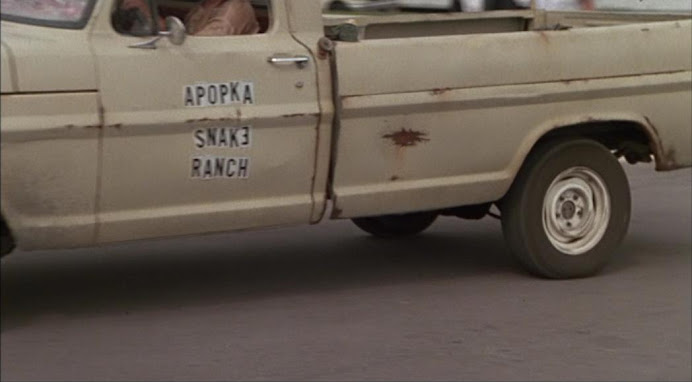A few weeks ago I mentioned what I believe are the three basic options we have for saving our Republic. Now I will expound on them.
I. Overthrowing the federal government via armed revolution.
There are numerous problems with this approach, not the least of which is that it essentially constitutes treason. Even conspiring to overthrow the federal government is treasonous, so orchestrating such a rebellion would be very difficult. Some would point to the overwhelming military might of the United States Army as another obstacle; however, I personally believe that if a group of patriots were able to plan and execute such a revolution, they would actually meet with little resistance, as I think most of our military personnel would refuse to comply with orders to fire on American citizens.
Of course, victory (should such a plan be carried out) would mean that the tyrants who presently rule us would be removed from power. But what then? If a coup d’état were successful, what would we do after seizing power? The blueprints are there—the Declaration of Independence and the Constitution—so there is no reason to reinvent the wheel. We’d just need to actually follow them this time—which would require electing a completely new slate of representatives to serve in government. Fortunately, there is a way to achieve this without the violence of revolution…
II. Elimination of ALL current elected officials from office
We could get back on the path our founding fathers intended by voting out every last elected official at our first opportunity. We would also need to eliminate the politicians’ primary motive—reelection—by imposing term limits via a Constitutional amendment. As I mentioned recently, the halls of government are filled with career politicians, many of whom have served for decades. Their first priority is to get reelected, and the surest way to do this is to increase the number of people who are dependent on government—and this is exactly what they have done. I believe we should vote out every incumbent, regardless of party affiliation, in the next election—and replace them with candidates who have not previously served. By limiting them to only two terms, we can remove their incentive to increase the size and scope of government, since they know they will have to eventually return to private life—and be governed by the laws and policies they put in place.
Unfortunately, I do not believe our electorate has either the will or the intelligence to accomplish this. Apathy is rampant, and so many people who do vote are terribly uninformed. Voters also lack the resolve to vote out their own representatives—they may agree with these calls for action, but when they go to the ballot box, they say to themselves, “534 of these people need to go—but mine has been doing a good job.” Simply electing a handful of new representatives scattered across the nation will not accomplish anything—they ALL need to go. Since I don’t believe our voter base is competent enough to accomplish this, I present the third option…
III. Dissolution of the Union, and reorganization into regional governments.
I believe this is the most feasible solution for the future of these United States. It is more likely to occur than a complete turnover of elected officials, and it can be accomplished without violence. Were one state to secede from the Union, others would surely follow—and I do not believe that the federal government would attempt to preserve the Union by force as it did in 1861.
Why did the original 13 states decide to unite under a central federal government? As expressed in the Constitution, it was to “insure domestic Tranquility, provide for the common defence, promote the general Welfare…” Certainly three or four regional governments could accomplish this better than the single behemoth we have today. The fifty States are spread across the continent, and their interests vary a great deal. Regional alliances of States could accomplish the same goals more efficiently than the current union.
I believe the current “health care reform” proposal in Congress may play an important role in determining the direction our Union goes. It provides a galvanizing issue for those, like myself, who would like to put an end to the continuous growth of government and return to the limited government intended by our founding fathers. Such a rallying point is essential if we are to convince the citizenry to take action. If this proposal passes in its worst form, it may indeed spur secession. However, if a weakened or significantly altered proposal (perhaps one without a “public option”) is signed into law, then not only will it work further damage to our economy and strike another blow against liberty, but it will also pave the way for future passage of the worst version. Unfortunately, those future changes would have a much smaller chance of galvanizing resistance the way the current version has over the last few months.
Sunday, November 8, 2009
Subscribe to:
Posts (Atom)

